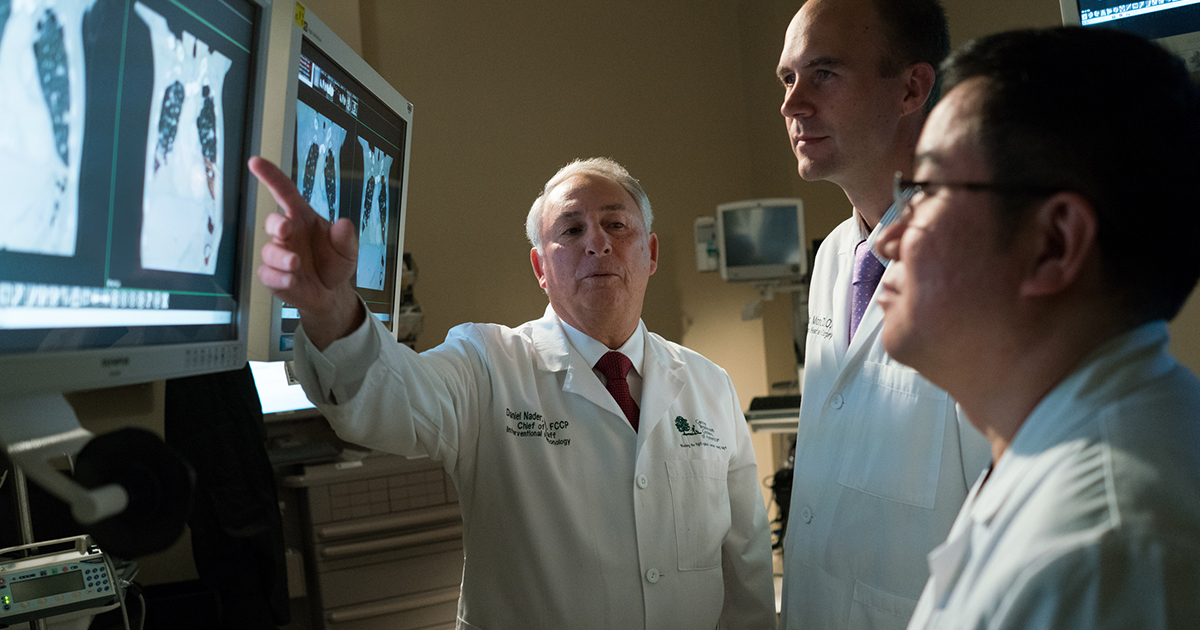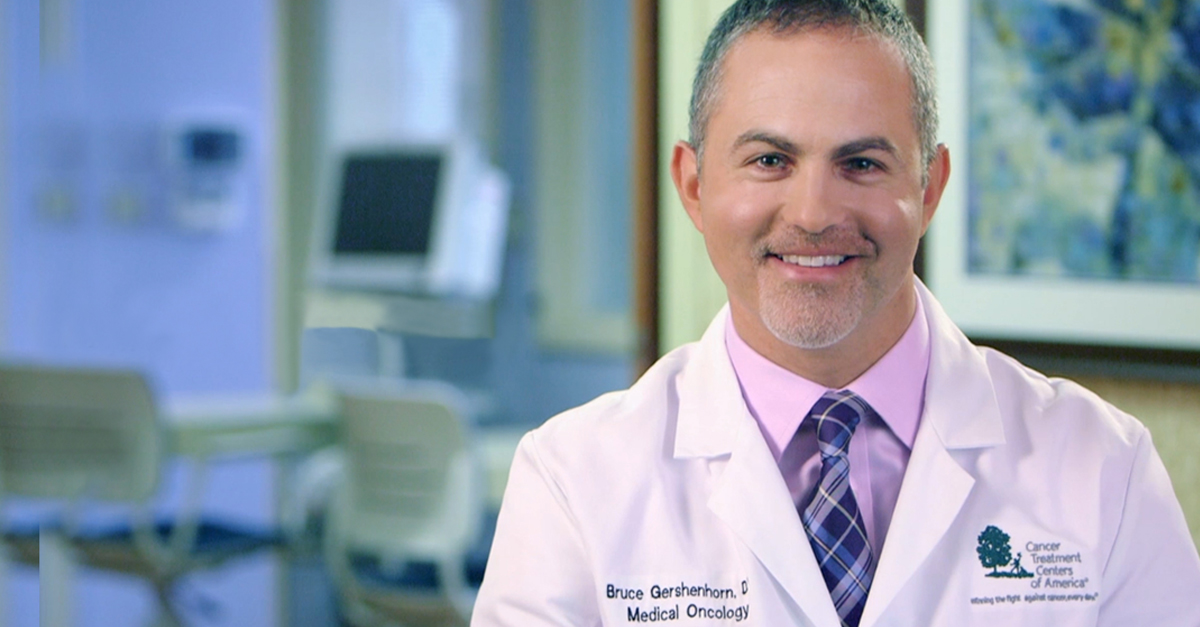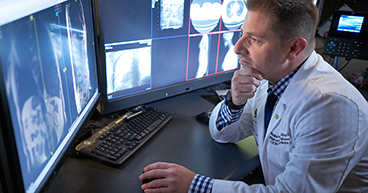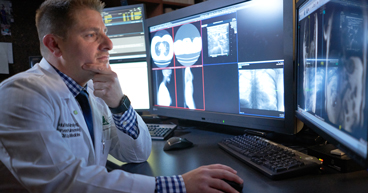
November’s designation as National Lung Cancer Awareness Month offers a timely opportunity to continue a national conversation about the need for early detection and screening. Lung cancer is the second most common non-skin cancer among American men and women, after prostate cancer in men and breast cancer in women. As with most cancers, when lung cancer is detected early, patients have more options and a better prognosis.
“ When it comes to treating lung cancer, an early diagnosis can be crucial. Most lung cancers, at least 80 percent, are picked up when they are at an advanced stage. When lung cancer is diagnosed at stage IV, it is harder to treat.” - Bruce Gershenhorn, DO Director of the CTCA Lung Cancer Center in Suburban Chicago
"If the disease is diagnosed at an early stage and a patient begins treatment early, there is a higher likelihood of survival," Dr. Gershenhorn adds.
How common is lung cancer?
About 14 percent of all new cancers are lung cancers, according to the American Cancer Society. Lung cancer largely affects older people, with two out of three diagnoses occurring in people ages 65 and older. While heavy smokers are at the highest risk for lung cancer, former smokers also have an elevated risk. Tobacco and tobacco smoke cause cancer because they contain thousands of chemicals with more than 60 known carcinogens.
Because lung cancer tumors develop inside the chest cavity, they often have a chance to grow and spread before symptoms develop. For people at high risk for developing lung cancer, low-dose CT scans may detect the cancer at an earlier stage. And yet, despite the availability of this potentially lifesaving tool, most high-risk current and former smokers are not being screened for lung cancer, according to a study published earlier this year in the peer-reviewed publication JAMA Oncology. Researchers estimate that of the nearly 7 million current and former smokers eligible for screening in 2015, only 262,700 received it.
When should I get a lung cancer screening?
Annual lung cancer screenings for current and former smokers are recommended by the U.S. Preventive Services Task Force, the National Comprehensive Cancer Network, the American Cancer Society, the American Lung Association and others. A CT scan may detect tiny spots (also known as nodules) on lungs years before they would ever be seen on a regular chest X-ray. These tiny nodules may be signs of early lung cancer.
“Our view on lung cancer screening needs to evolve,” says Dr. Gershenhorn. “In the same way we do routine mammograms to look for breast cancer and colonoscopies to look for colon cancer, we should screen for lung cancer with CT scans. An enhanced screening program would catch more lung cancers early.”
Learn why you shouldn’t let fear get in the way of your lung cancer screening.



